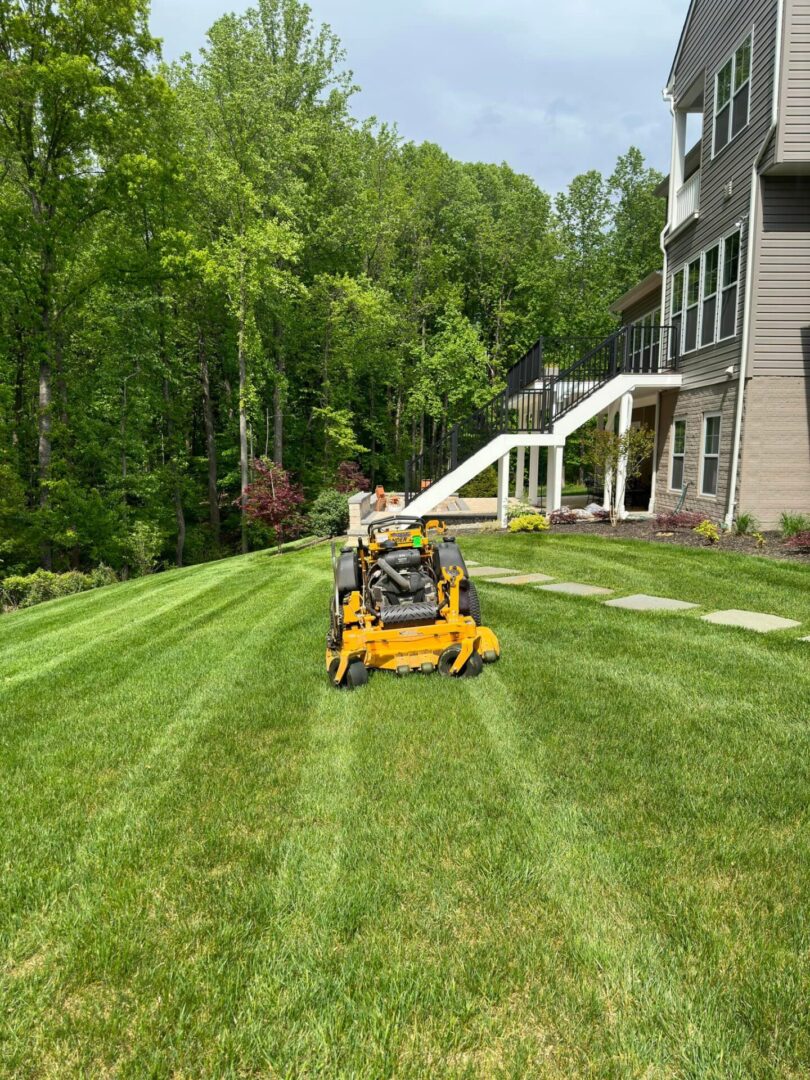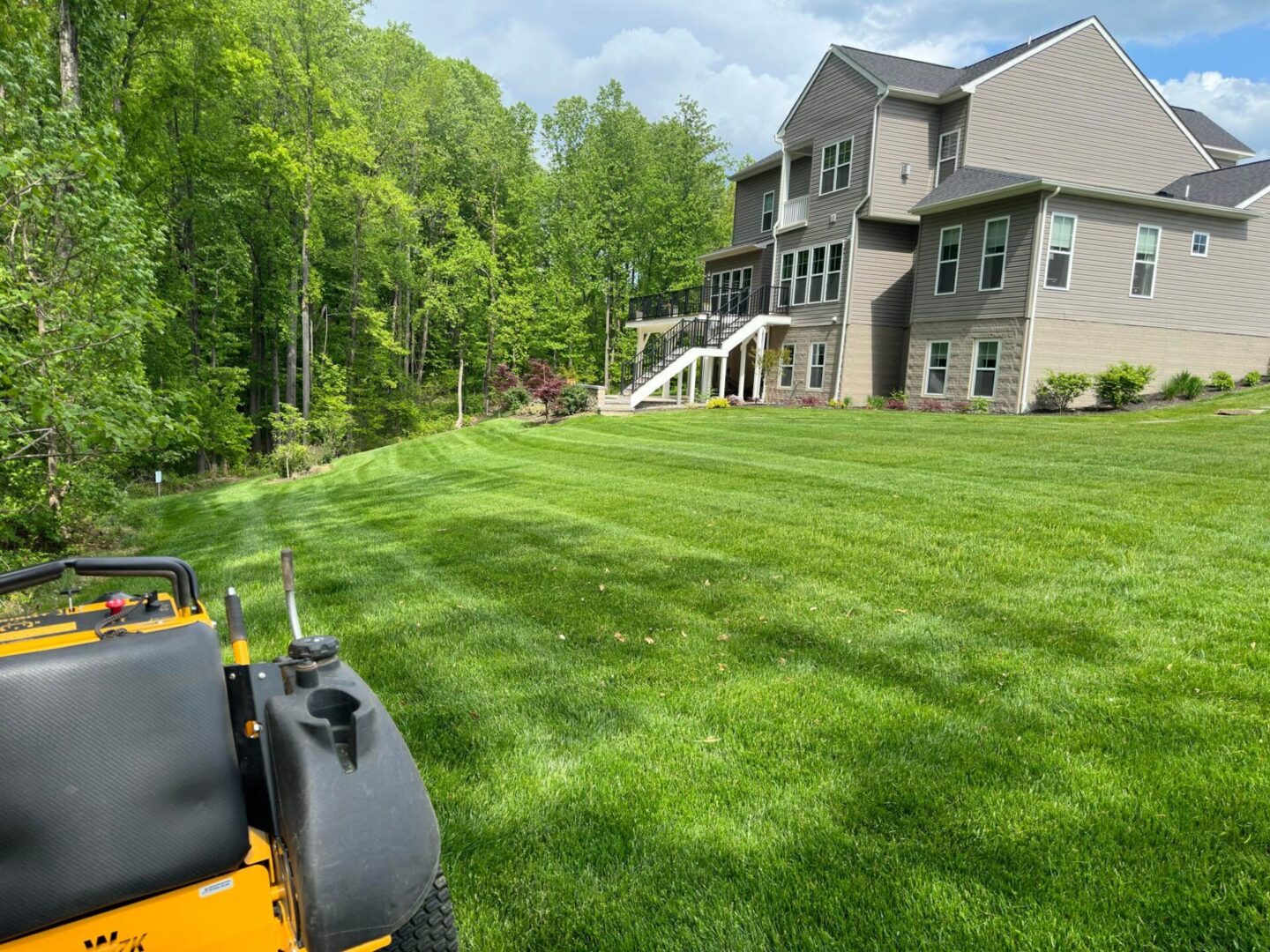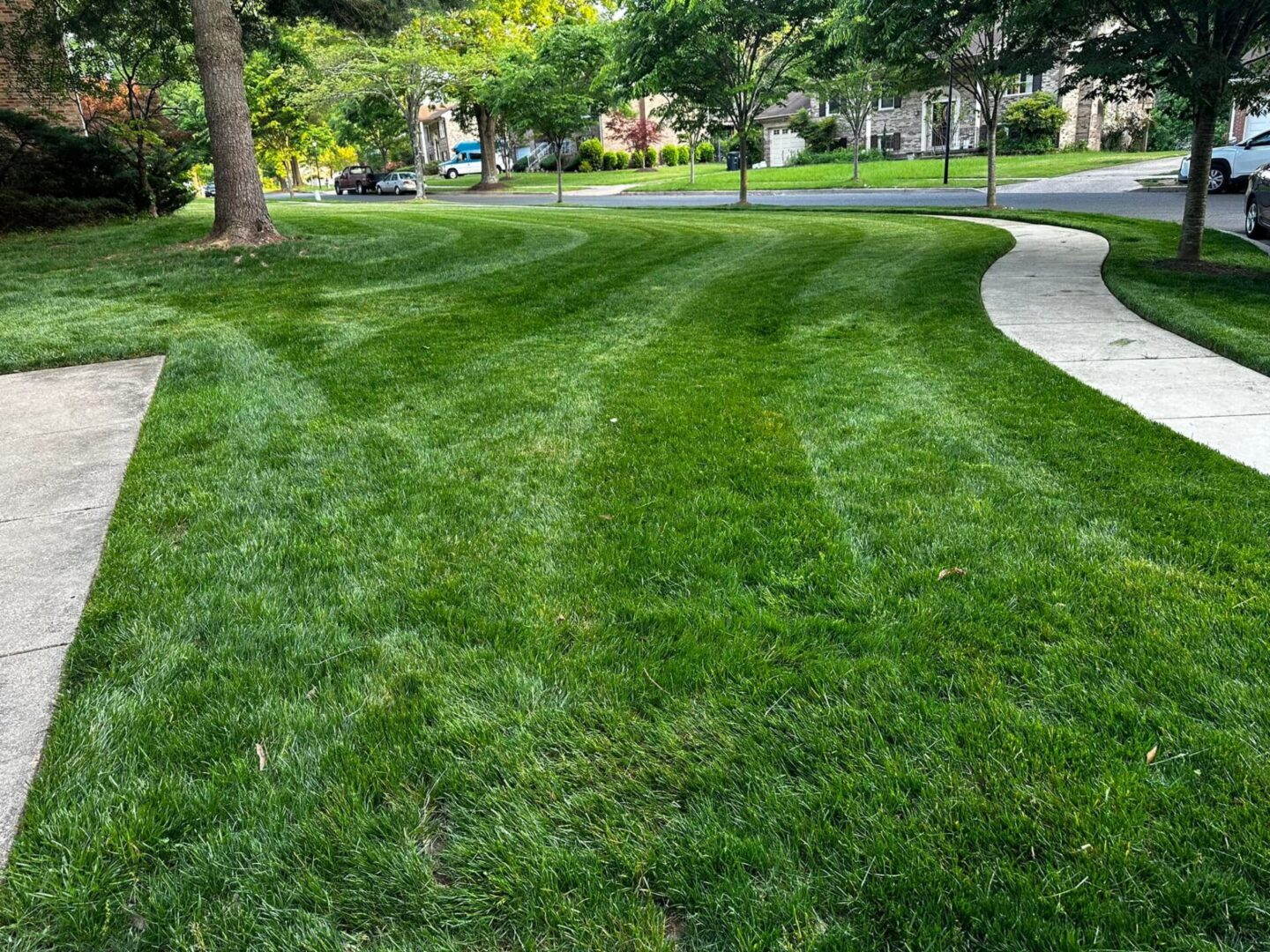Organic lawn care and traditional lawn care have several differences in their approach to maintaining a healthy lawn. Here are some of the main differences:
1. Use of Chemicals: Traditional lawn care relies heavily on the use of synthetic fertilizers, herbicides, and pesticides to control weeds, pests, and diseases. In contrast, organic lawn care avoids the use of synthetic chemicals and instead uses natural methods to promote a healthy lawn.
2. Soil Health: Organic lawn care focuses on building and maintaining healthy soil through the use of compost, natural fertilizers, and other soil amendments. Traditional lawn care, on the other hand, often neglects soil health and relies on chemical inputs to mask underlying soil problems.
3. Lawn Appearance: Traditional lawn care often prioritizes appearance over ecological health. This means that traditional lawns are often heavily manicured and may require frequent mowing, watering, and chemical treatments to maintain their appearance. Organic lawns, on the other hand, may have a more natural appearance and may require less maintenance overall.
4. Environmental Impact: Traditional lawn care can have negative environmental impacts, including soil erosion, water pollution, and harm to beneficial insects and wildlife. Organic lawn care seeks to minimize these impacts by using natural methods that are less harmful to the environment.
Overall, organic lawn care and traditional lawn care have different approaches to achieving a healthy lawn. Organic lawn care focuses on building soil health, using natural methods, and minimizing environmental impacts, while traditional lawn care often relies on synthetic chemicals and prioritizes appearance over ecological health.



